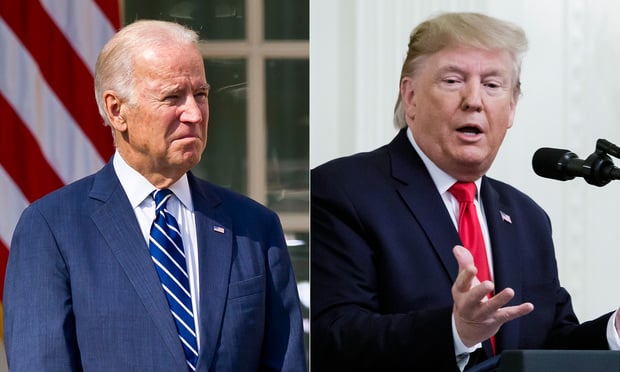After receiving more than 54,000 comments on whether and how toaccommodate objections from religious nonprofit groups to theAffordable Care Act contraceptive coveragerequirement, the Obama administration said it will not make anychanges to the practices that were challenged—and leftunresolved—in the U.S. Supreme Court.
|Related: Supreme Court punts on PPACA contraceptivecoverage mandate
|Regulatory authorities on Monday said the thousands of comments“indicate that no feasible approach has been identified at thistime that would resolve the concerns of religious objectors, whilestill ensuring that the affected women receive full and equalhealth coverage, including contraceptive coverage."
|The U.S. departments of Labor, Treasury and Health and HumanServices provided the update in an FAQ about theimplementation of the Affordable Care Act, the landmark Obamaadministration law that now comes under threat from the DonaldTrump administration and Republicans in Congress.
|What happens next to the pending court challenges by thenonprofits may rest with the incoming Trump administration and theU.S. Department of Justice under the leadership of U.S. Sen. JeffSessions, the Alabama Republican picked to lead the agency.
|“We have to get to business. Obamacare has been a catastrophicevent,” Trump told The New York Times onTuesday. He urged Republicans to repeal the law and offer areplacement within weeks.
|Under the Obama administration’s accommodation, an eligibleorganization that objects to providing contraceptive coverage forreligious reasons may self-certify its objection to its healthinsurance issuer or third-party administrator using a form providedby the Labor department. An organization is also permitted toself-certify its objection and provide certain information toHealth and Human Services without using any particular form.
|The nonprofits contend that even the writing of a letter to HHSmade them complicit in the provision of contraceptives, inviolation of their religious beliefs.
||Federal regulators solicited the public comments after theSupreme Court in May sent seven challenges back to the lower courtsto see if the government and the nonprofits could reach acompromise on how to accommodate the objections.
|The justices indicated in their unsigned order inZubik v. Burwell that based on additional briefing in thecase, there appeared to be an opening for compromise. In an unusualstep, the high court suggested its own possible compromise.
|The federal agencies in their Monday update said the highcourt’s plan would not work.
|Related: SCOTUS birth control compromise gets mixedreaction
|“The comments demonstrate that a process like the one describedin the court’s supplemental briefing order would not be acceptableto those with religious objections to the contraceptive-coveragerequirement,” the agencies said. “Further, a number of commentsillustrate that the administrative and operational challenges to aprocess like the one described in the court’s order are moresignificant than the departments had previously understood andwould potentially undermine women’s access to full and equalcoverage.”
|Appellate courts put on hold a series of religious-objectorcases to allow the agencies and lawyers for the challengers tocraft the compromise plan. The Obama administration on Tuesdaybegan notifying the courts about theimpasse and requesting the chance to continue updating the court,into the early months of the Trump administration.
|“So now that this has happened, during those next statusconferences, the courts will say, `How are we going to proceed?’The real question is what will a Sessions DOJ response be,” saidBrigitte Amiri, senior staff attorney at the American CivilLiberties Union’s Reproductive Freedom Project.
|Amiri added: “We are waiting to see whether the act is going tobe repealed in whole or in part, and we don’t know what that meansfor the contraception requirement.”
|In its Zubik order, the Supreme Court expressed no viewon the merits of the claims that the government’s accommodationburdened the exercise of religion.
|The commenters included the plaintiffs in Zubik andother religiously affiliated organizations, consumeradvocacy groups, women’s organizations, health insurance issuers,third-party administrators and pharmaceutical benefit managers.
Complete your profile to continue reading and get FREE access to BenefitsPRO, part of your ALM digital membership.
Your access to unlimited BenefitsPRO content isn’t changing.
Once you are an ALM digital member, you’ll receive:
- Critical BenefitsPRO information including cutting edge post-reform success strategies, access to educational webcasts and videos, resources from industry leaders, and informative Newsletters.
- Exclusive discounts on ALM, BenefitsPRO magazine and BenefitsPRO.com events
- Access to other award-winning ALM websites including ThinkAdvisor.com and Law.com
Already have an account? Sign In
© 2024 ALM Global, LLC, All Rights Reserved. Request academic re-use from www.copyright.com. All other uses, submit a request to [email protected]. For more information visit Asset & Logo Licensing.








